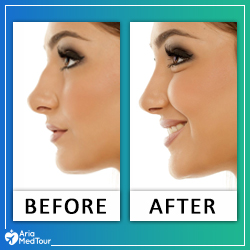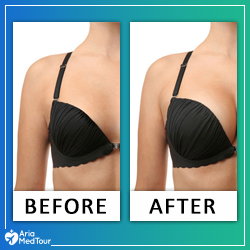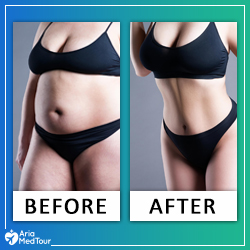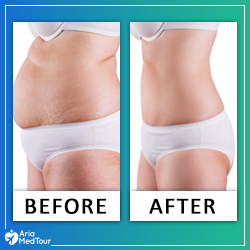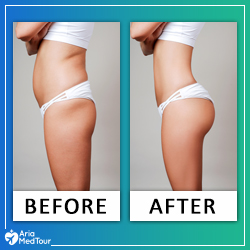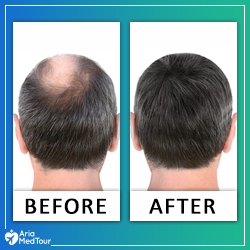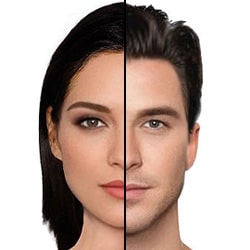The cataract is one of the most common causes of vision loss. Basically, any clouding or visible opacity in the eye’s natural lens is called cataract, which is the most common cause of vision impairment among the elderly, and the principal cause of blindness in the world.
Cataract has many causes, but age is the most important factor in the occurrence of the disease. A cataract is a key factor in vision loss among people over age 55, but infants and young children are also prone to this eye disease. Cataracts can affect one eye or both eyes, causing blurry, dim vision.
Cataract can be treated with surgery. In cataract surgery, the eye’s natural lens, which has been clouded, is replaced with an intraocular lens (or IOL). An IOL is a tiny, artificial lens that is placed permanently in the eye to serve the same function as your natural eye lens does.
In this article, we are going to take give a general idea of whether you need to wear glasses and sunglasses after cataract surgery.
When do I need to wear glasses after cataract surgery?
Cataract surgery can reduce your “overall dependence” on glasses. But in most cases, IOLs implanted into your eyes “only” provide clear distance or near vision and the need for glasses will remain, especially for reading. Depending on the implanted lenses and your needs, your ophthalmologist will prescribe glasses for short- and long-sightedness, and astigmatism.
If you want to undergo a cataract surgery you should select the IOL and glasses based on your personal lifestyle and vision priorities.
Types of IOLs
When considering cataract surgery, the patient’s ophthalmologist recommends a variety of IOL types to choose from, all with different benefits, based on your daily activities and other needs. The type of artificial lens used in your eye during the surgery can influence the type of glasses you will need after surgery. Basically, there are three types of lenses: monofocal, astigmatic (toric), and multifocal lenses for cataract surgery.
Monofocal IOLs
These lenses are commonly used in cataract surgery for clear vision and have a single focus, either near, medium, or distance. Patients who select these types of lenses will need glasses for distances other than the one their lens provides clear vision for. For example, if you choose a distance monofocal intraocular lens, you will need glasses for reading.
There are two types of monofocal lenses, which either provide eyes with fixed focus or allow for changes in focus.
- Fixed Focus Monofocal IOLs: this lens option provides excellent vision and patients who use them will need glasses for some distances, depending on whether the lens’ focus is near, medium, or distance.
- Accommodating Monofocal IOLs: these are new and the only lenses that will probably eliminate patients’ need to wear glasses or contact lenses after surgery, due to the ability to focusing at different distances. They provide both good far and near vision. These lenses are much more expensive.
Multifocal IOLs
Patients who choose these IOLs will have clear vision at far, intermediate and near distances. The key problem with these IOLs is their practicality. They may not be suitable for everyone, causing halos at night and glare.
Astigmatic (Toric) IOLs
Patients who opt for these lenses will need to undergo an additional treatment at the same time as cataract surgery or separately. This procedure, also called limbal relaxing incisions (LRIs), is aimed at correcting astigmatism in patients who suffer from this condition. Most patients will not need to wear glasses after their cataract surgery with toric lenses.
Sunglasses after cataract surgery
As mentioned above, during cataract surgery, a new intraocular lens (IOL) is implanted into your eye to replace the old cloudy lens. To protect new lenses from harmful UV light, you should wear the right pair of sunglasses to keep your eyes healthier for longer. Doctors believe that even UV-absorbing lenses need protection after cataract surgery using protective sunglasses after cataract surgery.
Doctors say the tint or darkness of the lens does not matter in choosing good sunglasses; instead, you should consider the following in choosing the right one.
- High optical quality, with no manufacturing defects like bubbles in the lenses
- Scratch-resistant lenses
- Larger frames to cover more of the eye
- 99 to 100 percent UV protection
Warning
This article only provides patients with general information about wearing glasses and sunglasses after cataract surgery and should not be taken for granted. Be sure to consult with your doctor before undergoing the surgery to learn if you would need to wear glasses after cataract surgery.

